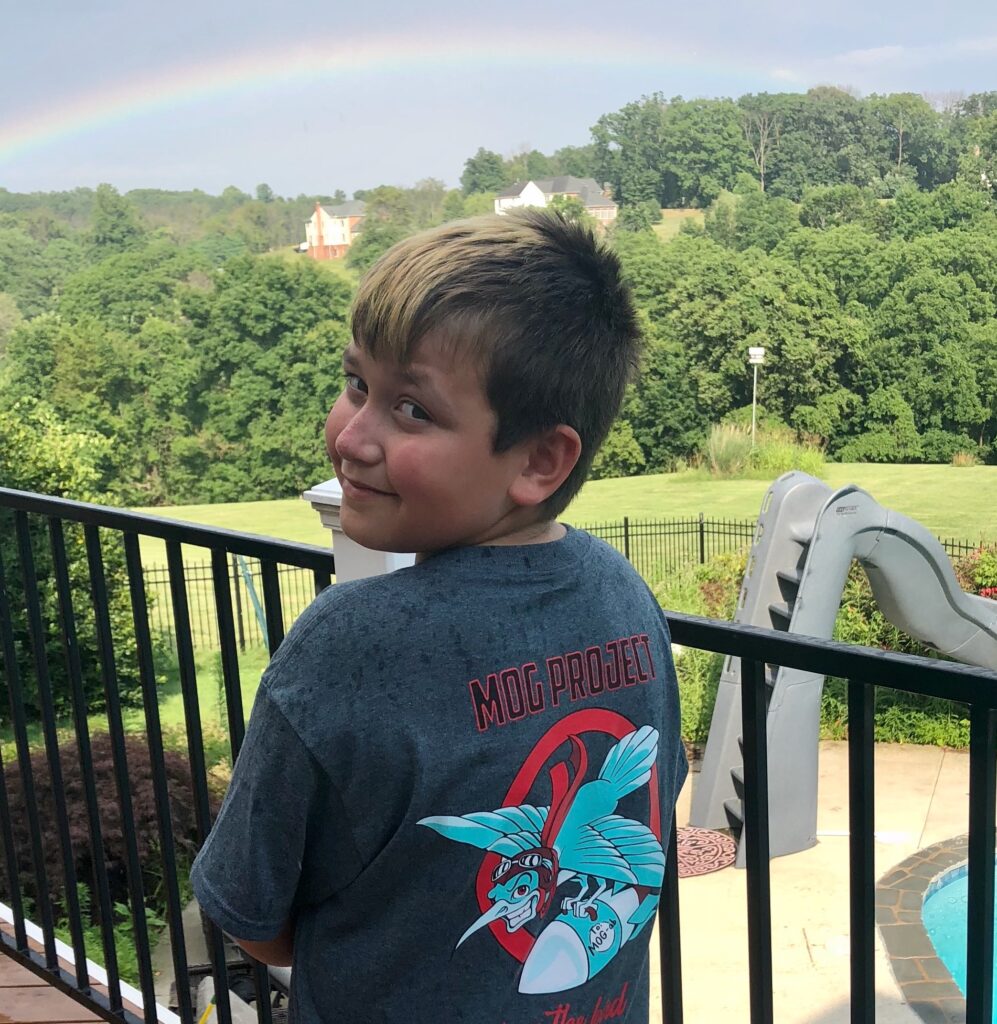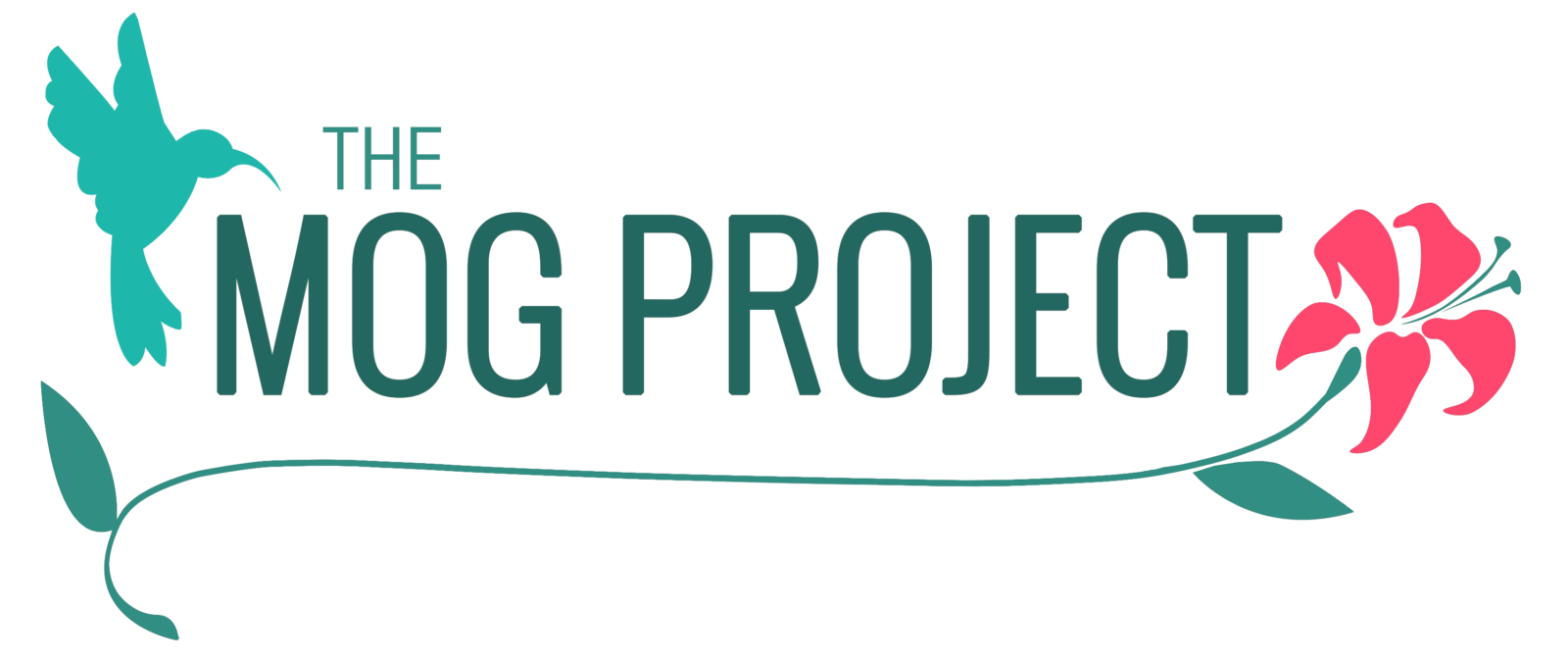Donate
How will we use your donation?
The MOG Project is a Maryland-based official 501(c)3 non-profit organization devoted to our local, national and international MOGAD community. As a 100% volunteer organization, our mission is to educate, support, and push for research in hopes of finding a cure.
However, we cannot do this without your help in providing funds.
NO donation is too small and will make a difference in the quality that we can provide. Please consider a donation to help us help you!
Here are some of the areas where your donation has an impact:
- Providing accurate and up-to-date information for education for MOGAD patients, caregivers and doctors.
- Aiding researchers to collect important data for use and consideration in MOGAD research.
- Raising funds (big or small) to support MOGAD and related research.
- Addressing high volume concerns with renowned experts.
- Providing awareness materials for support of MOGAD patients, promote our advocacy mission and bringing awareness to this rare disorder.
There are multiple ways to donate!
Donate to The MOG Project to support our mission:
Consider a Buck a Week! No donation is too small

Some Other Super-Easy Ways
Do you have the PayPal App on your smartphone?
Great! Just use your PayPal app send to paypal.me/themogproject
OR
Ways to Donate Directly to Research in Neuroimmunology
The MOG Initiative at the Neuroimmunology Clinic and Research Laboratory at Massachusetts General Hospital
Consider supporting The MOG Initiative at Massachusetts General Hospital.
To donate directly to this effort please visit their donation page here.
To read more about Dr. Michael Levy’s MOG Initiative, please visit The MOG Initiative.
Jim Broutman's Foundation at The Mayo Clinic's Neuroimmunology Research Laboratory
After a horrific and serious bout of optic neuritis and transverse myelitis which was attributed to the MOG Antibody, our own Chief Media Officer, Jim Broutman, with the help of Dr. Sean Pittock, set up his own foundation allowing people to donate directly to the Mayo Clinic Neuroimmunology Research Laboratory specifically to support MOGAD research. Please consider supporting this great effort in research, please follow the link below:
Join Jim Broutman in Supporting MOG IgG Associated Disorder Research at Mayo Clinic
Johns Hopkins Medicine Pilot Study for Effective MOGAD Treatments
This potential pilot project, created by Dr. Elias Sotirchos and his team, would analyze abnormal white blood cells in the blood and spinal fluid from people with MOGAD and compare them to the white blood cells of a control group. This study would gain insight into the mechanisms that cause the cell abnormality and potentially identify targets that would lead to the creation of therapeutic treatments for the MOG illness. In addition, with the data from this study, Dr. Sotirchos hopes to open the door to acquiring the additional funding needed to further the research of MOG on a larger scale. Please consider supporting this great effort in research, by following the link below:
For those who prefer donations by Mail
Please send your check made out to The MOG Project and send to:
The MOG Project
P.O. Box 936
Olney, Maryland 20830-0936
Please provide a return address or email so that we can send a receipt for your tax records as all donations are tax-deductible
Pro-tip: also completely free for us, so more of your $$ goes to where it will make the most impact.
Financials
We know that your donations are a heartfelt contribution to our mission. We are grateful for your donation and are committed to letting you know how your donations are used.
